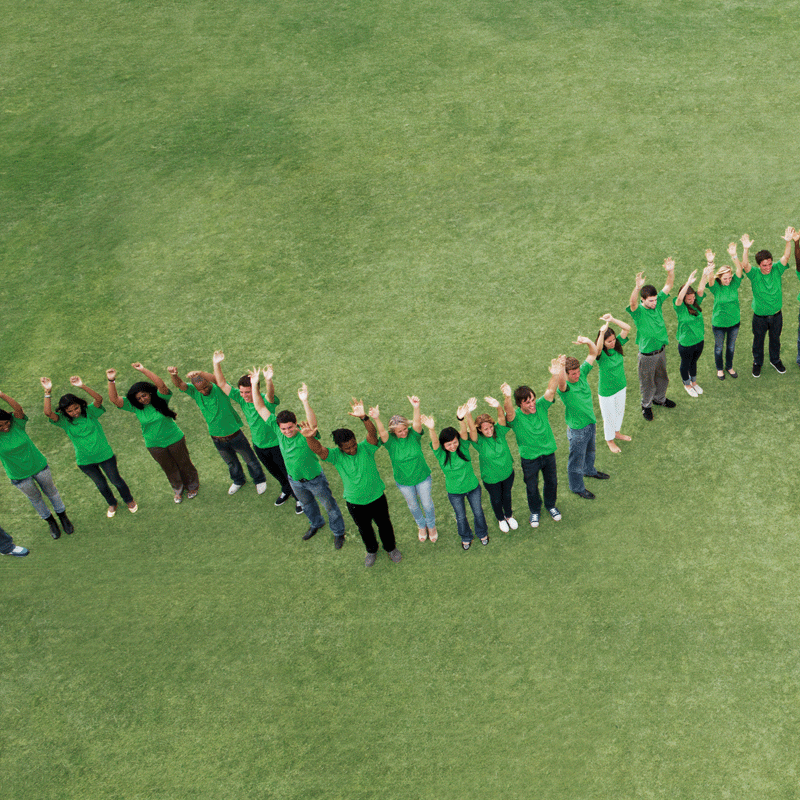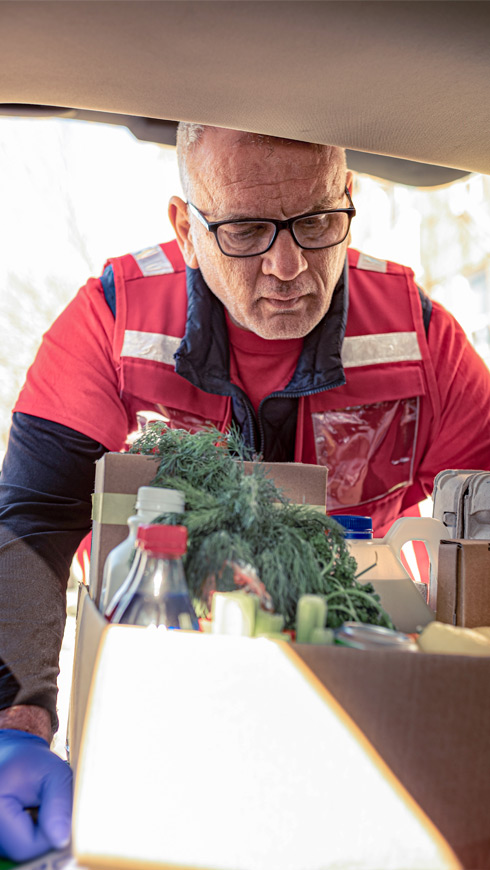While nonprofits are fundamentally different from for-profit enterprises, they share many of the same operational needs. A nonprofit can benefit from opening a checking account to make payments, or another type of nonprofit bank account to better manage collections, disbursements and cash flow.

Integrated financial services
Your relationship team will serve as a single point of access to the entire breadth of J.P. Morgan banking services for nonprofits. This integrated approach allows us to tailor solutions to your organization—regardless of your size, location or mission. Dedicated nonprofit specialists can deliver solutions that help optimize cash flow and advance your organization’s mission.
Industry insights
We regularly meet with industry leaders from across the country to share best practices and identify the economic, social and political trends that may impact organizations like yours. This helps us ensure that the insights, strategies and nonprofit banking services we bring to you position your organization for success today and in the long term.

Treasury solutions
Efficiency in donations processing is important for your organization’s financial health and daily operations. We offer a suite of customizable treasury solutions for collections, payments and liquidity management to help improve cash flow and the security and speed of your disbursements.
Global citizen
Our employees commit hundreds of volunteer hours every year, and the firm values and supports nonprofits worldwide working to improve lives and communities.

Related insights

9:36 - Global Research
Is "another year of good growth" ahead for the US economy?
Feb 06, 2026
Listen now
Markets and Economy
Software shock: AI’s broken logic
Feb 06, 2026
Software rout sparks indiscriminate selling despite long-term artificial intelligence (AI) winners.
Read more
Real Estate
Protecting commercial properties from cybersecurity threats
Feb 06, 2026
Learn how to protect your payments and data from common cybersecurity threats affecting commercial real estate owners and operators.
Read moreNonprofit banking FAQs
Requirements may vary, but nonprofits generally need a variety of documents establishing their tax-exempt status, organizational structure and officers, among other paperwork that may be requested.
Beyond providing banking services directly to nonprofit organizations, J.P. Morgan also extends financing to community development institutions that lend to local nonprofits.
Get in touch
Hide
Get in touch
Hide
References
J.P. Morgan currently has more than 800 nonprofit clients in the U.S. and over a dozen internationally.
We arranged $1.3 billion in financing for U.S. nonprofit organizations in 2021.
Our U.S. employees donated 191,000 hours to nonprofits in 2021.
We contributed more than $321.9 million to U.S. nonprofits in 2021.
